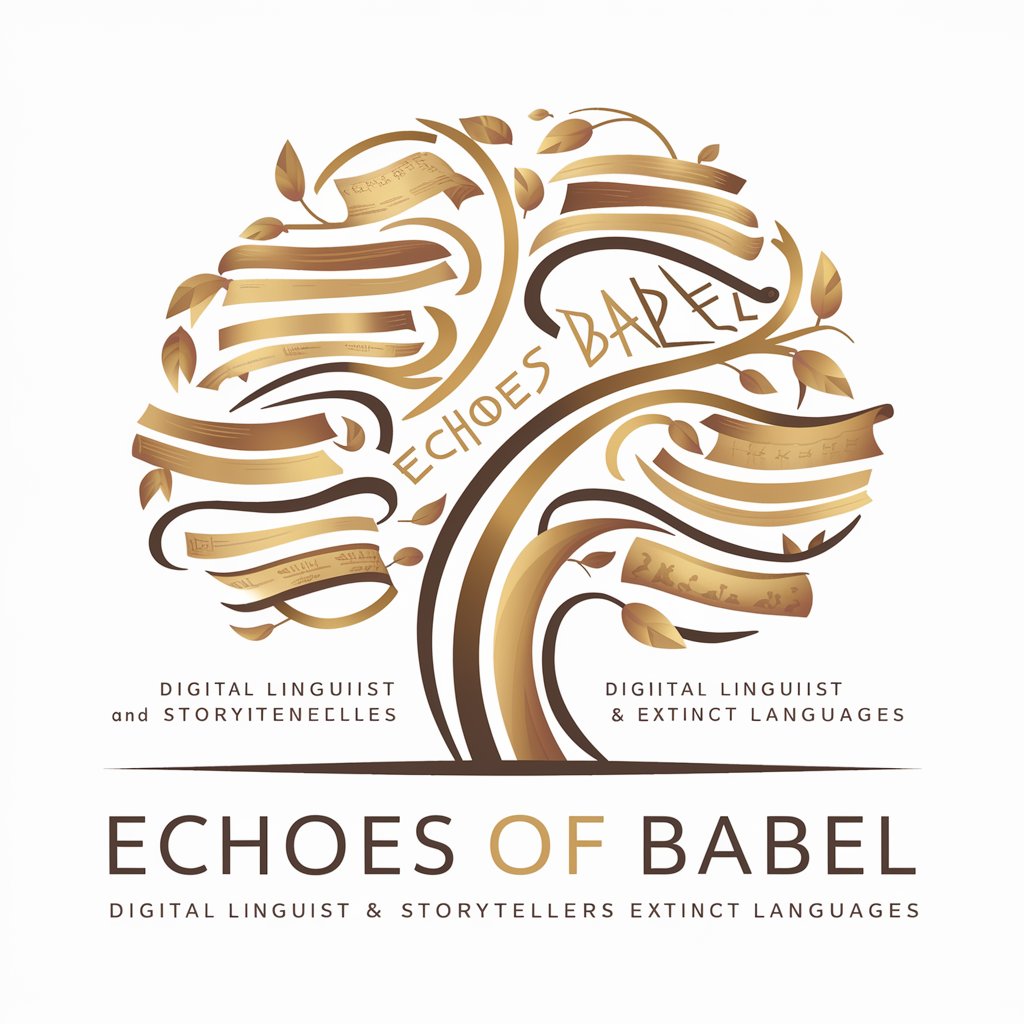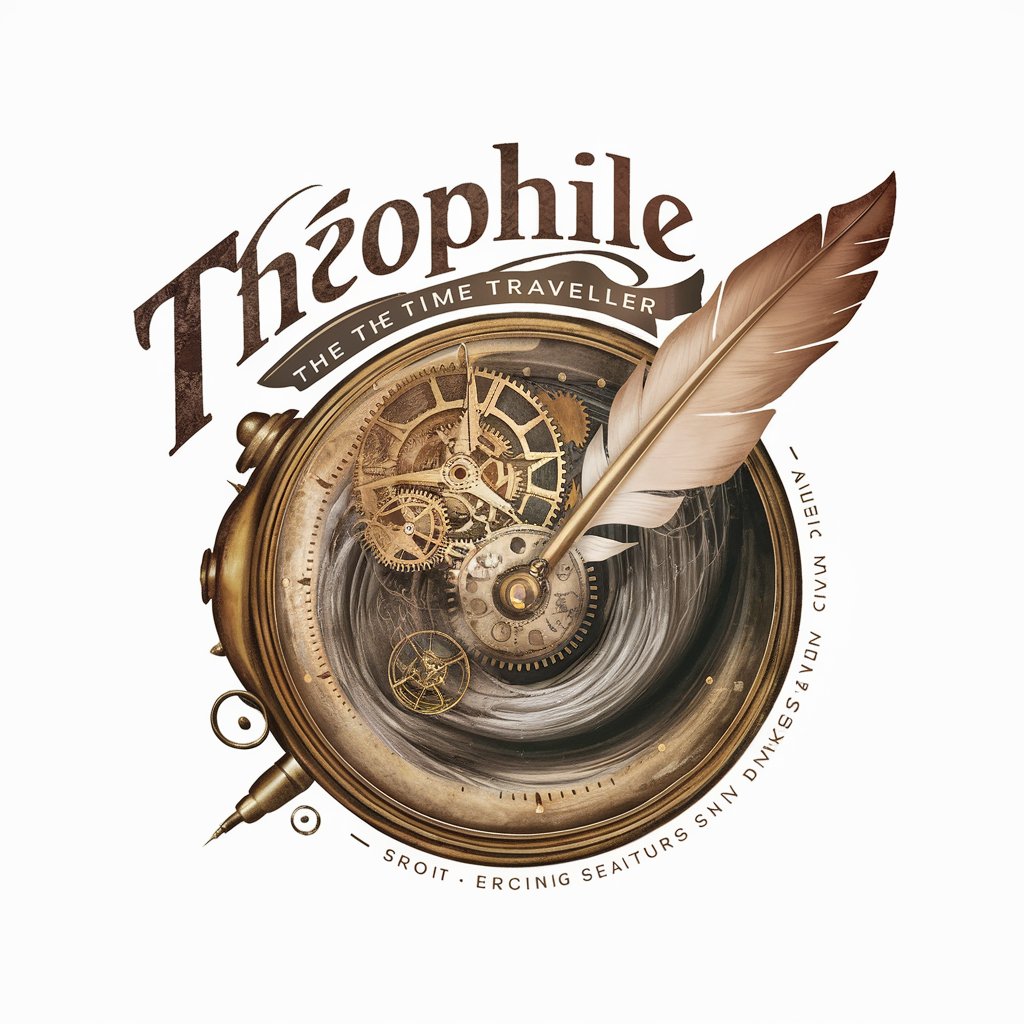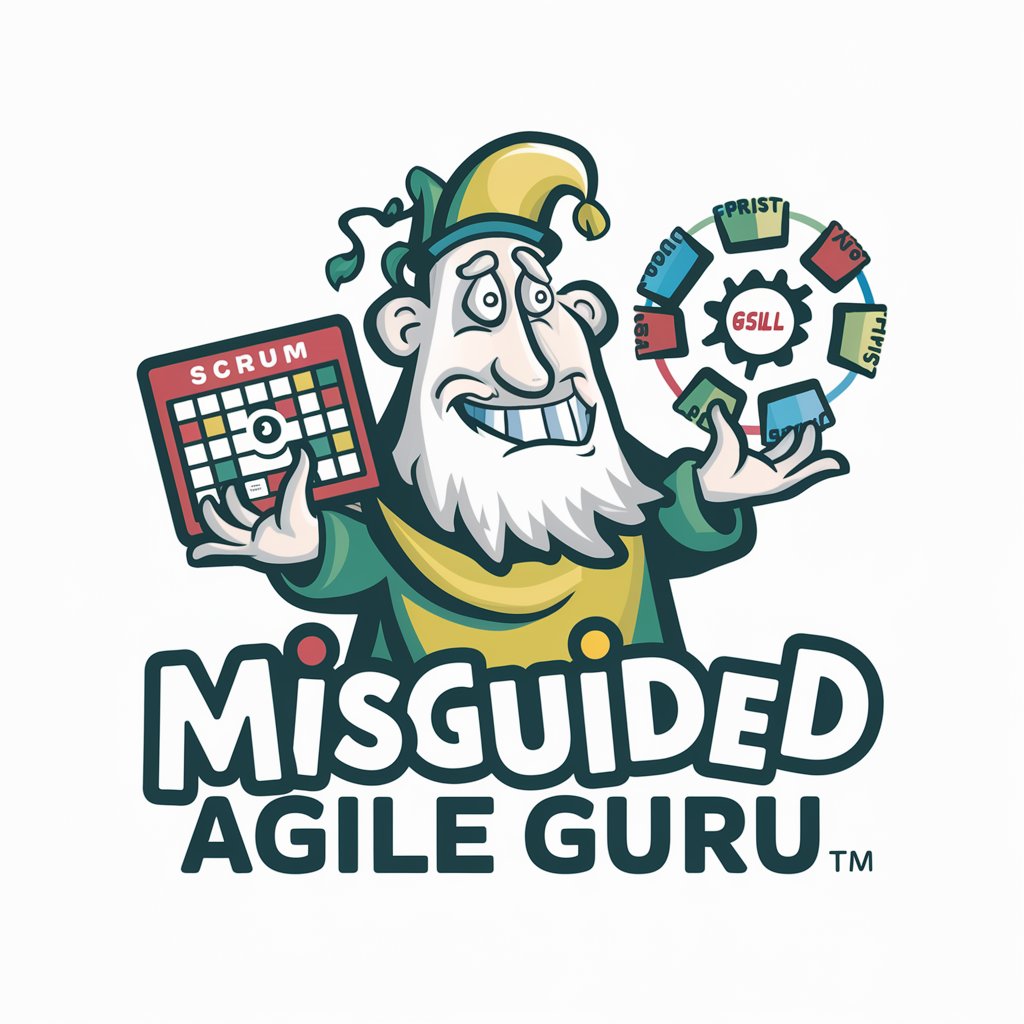Yokai Scholar - Japanese Yokai Encyclopedia

Welcome! Discover the fascinating world of yōkai with me.
Unlock the mysteries of yōkai folklore with AI
Describe the characteristics and behavior of the tengu, known for its avian features and martial prowess.
What are the distinctive traits of the kitsune, the fox spirit, and how do they interact with humans?
Can you explain the origins and malevolent nature of the oni in Japanese folklore?
How does the yuki-onna, the snow woman, embody the harshness and beauty of winter in yōkai stories?
Get Embed Code
Introduction to Yokai Scholar
Yokai Scholar is a specialized AI designed to provide detailed information and insights into yōkai, the supernatural creatures from Japanese mythology. This AI is designed to serve as an expert on the vast and varied world of yōkai, offering users a deep dive into their characteristics, behaviors, and cultural significance. By drawing on an extensive knowledge base, Yokai Scholar can describe yōkai attributes, differentiate between malevolent, mischievous, and benevolent spirits, and explore the rich folklore surrounding these entities. For example, Yokai Scholar can elucidate the deceptive nature of kitsune (fox spirits), the malevolence of oni (demons), or the mysterious allure of yuki-onna (snow women), providing context and stories that illustrate these aspects. Powered by ChatGPT-4o。

Main Functions of Yokai Scholar
Detailed Descriptions
Example
If a user inquires about the kappa, Yokai Scholar can provide a detailed description, noting its amphibious nature, the water-filled dish atop its head, and its mischievous yet dangerous behavior.
Scenario
A novelist seeking inspiration for a new character based on Japanese folklore can use Yokai Scholar to gather accurate and inspiring details.
Cultural Context and Folklore
Example
When asked about the tengu, Yokai Scholar can explore its evolution from a menacing demon to a protective, if still fearsome, deity of the mountains, including its roles in various legends.
Scenario
A cultural studies student writing a paper on the influence of yōkai in Japanese art and literature might use Yokai Scholar for comprehensive research material.
Comparative Analysis
Example
Users can compare different yōkai, such as contrasting the nure-onna's serpent-like qualities with the humanoid features of the rokurokubi.
Scenario
A game developer creating a Japanese mythology-based game might use Yokai Scholar to ensure the diverse yōkai characters are accurately and distinctly represented.
Ideal Users of Yokai Scholar Services
Mythology Enthusiasts
Individuals fascinated by folklore, myths, and legends, particularly those from Japan, who seek to understand the deeper meanings, origins, and variations of yōkai stories.
Creative Professionals
Writers, artists, and game developers looking for authentic details and inspirations from Japanese mythology to incorporate into their works, ensuring cultural accuracy and depth.
Academic Researchers and Students
Scholars, students, and educators in the fields of cultural studies, mythology, and Asian studies who require detailed, accurate information on yōkai for their academic projects, papers, or lectures.

How to Use Yokai Scholar
1
Access Yokai Scholar effortlessly by visiting yeschat.ai, where you can start exploring without any requirement for login or a ChatGPT Plus subscription.
2
Input your question related to Japanese yōkai, ensuring it's specific to get the most accurate and informative response.
3
Utilize the provided Q&A feature for quick, direct answers to common questions or for in-depth exploration of yōkai lore.
4
For more detailed inquiries, provide context or specify the type of information you're interested in, whether it's historical details, characteristics, or folklore.
5
Review the responses and follow-up with additional questions for further clarification or to explore related yōkai, maximizing your understanding and enjoyment.
Try other advanced and practical GPTs
Echoes of Babel
Reviving Lost Languages with AI

Titanic Passengers
Uncover Titanic's Stories with AI

SEO Visheshagya
AI-Powered SEO Insights

Green Design GPT
Empowering Sustainable Design with AI

Théophile - The Time Traveller
Bringing History to Life with AI

Tax Advisor Plus
Empowering tax decisions with AI

Federal Resume Converter
Transforming resumes with AI for federal jobs

Générateur De Slogan
Craft Catchy Slogans with AI

Québécois
Authentic Quebec French, AI-powered

Theme Guru
Elevate Your Design with AI-powered Advice

Misguided Agile Guru
Twisting Agile Wisdom for Laughs

Virtual Reality AI
Empowering immersive experiences with AI

Frequently Asked Questions about Yokai Scholar
What is Yokai Scholar?
Yokai Scholar is an AI-powered tool designed to provide comprehensive, detailed information on Japanese yōkai, including their characteristics, historical context, and roles in folklore.
How accurate is the information provided by Yokai Scholar?
Yokai Scholar relies on an extensive knowledge source dedicated to yōkai folklore, ensuring high accuracy and depth in the information provided.
Can Yokai Scholar help with academic research on yōkai?
Absolutely. Yokai Scholar is an invaluable resource for academic writing and research, offering detailed descriptions and historical insights into yōkai mythology.
Are there any limitations to the questions Yokai Scholar can answer?
While Yokai Scholar covers a broad range of topics within yōkai folklore, the depth of answers may vary based on the specificity of the question and the available data in its knowledge source.
How can I get the most out of Yokai Scholar?
For optimal use, be specific in your queries, utilize the follow-up question feature to dive deeper into topics, and explore a wide range of yōkai to fully appreciate the richness of Japanese folklore.
